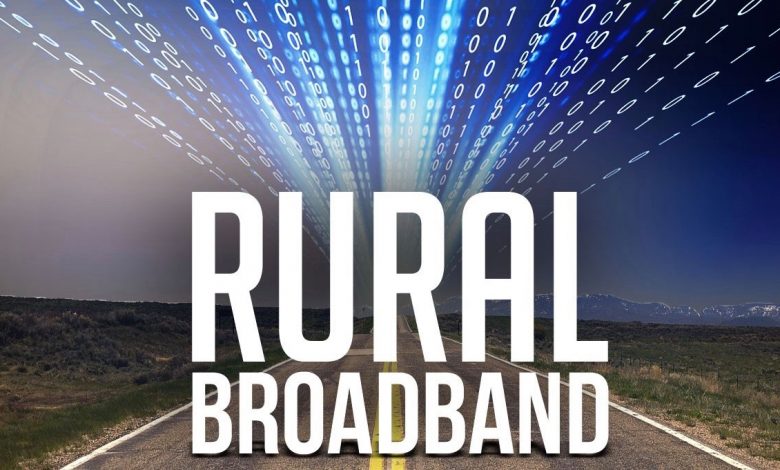Kansas program to provide Broadband access to rural and underserved areas

TOPEKA –Governor Laura Kelly has announced the introduction of the new Broadband Acceleration Grant Program to expand broadband access to rural and underserved communities across the state.
This year marks the first time in Kansas history that there has been a concerted, statewide, bipartisan effort to fund increased broadband access.
Over the next ten years, the program seeks to invest $85 million toward bridging the digital divide in Kansas thanks to broadband modernization funding provided through the Kansas Department of Transportation’s Eisenhower Legacy Transportation Program (IKE). As the result of swift legislative action, $5 million will be available annually over the next three years, with $10 million annually made available over the following seven years.
“These grants are a critical part of my administration’s work to provide underserved Kansans with the high speed internet they need to compete economically and to improve access to health, education, and commercial tools,”Governor Laura Kelly said. “We are working quickly to ensure our communities, no matter their zip code, are adequately equipped for prosperity and growth, as Kansas continues to rebuild its foundation.”
A maximum of $1 million per grant will go toward funding projects that provide access to high quality, reliable broadband throughout Kansas, with priority given to applications that address unserved areas, economically distressed communities, and areas of compelling need.
“The Office of Rural Prosperity has engaged with thousands of Kansans, and one thing we hear time and time again is that expanding broadband would be a blessing for their communities,” Lieutenant Governor Lynn Rogers said. “Governor Kelly and her administration as a whole are committed to delivering the resources rural Kansans need.”
Broadband Acceleration grants will specifically assist with projects that address priorities for unserved, economically distressed, and service areas with compelling needs.
“These grants will make the difference for so many communities without access to broadband,”Secretary of Commerce David Toland said. “We’re looking to assist innovative, forward-thinking organizations and projects through this program, in order to ensure that Kansas communities aren’t just catching up but are pushing forward into the future.”
Applicants are expected to engage community leaders and stakeholders in developing projects that are strategic, scalable, and bridge critical access gaps to support the quality of life considerations and economic viability for Kansas citizens and communities.
“These grants will be very complementary with the work we have undertaken through the SPARK-funded Connectivity Emergency Response Grant projects, which will be completed by year-end.” Stanley Adams, Director of the Office of Broadband Development at the Kansas Department of Commerce, said. “Accelerating broadband deployment is critical for all of us, especially in light of the COVID-19 pandemic, and I’m grateful to Governor Kelly for her commitment to our work in broadband development. This new grant program will be a powerful tool in the ongoing mission to get Kansas fully connected.”
The application window will open at 4 p.m. December 7, 2020, with intent to apply due on December 11, 2020, and applications due by noon on January 7, 2021. Broadband Acceleration grant program guidelines and information are available at this link.
A grant application workshop webinar will be offered by the Office of Broadband Development on December 9 at 10:30 a.m. for entities interested in applying for the grant. Those interested in participating can sign up here.
This new grant program is the latest signal of the Kelly administration’s continuing efforts toward increasing connectivity across the state. Previously, Governor Kelly announced nearly $50 million in Connectivity Emergency Response Grant (CERG) funds through the SPARK grant program to underserved communities across the state, with 67 broadband projects designed to address pandemic-related health, education, and business challenges.



